
Recommendation
Many CFOs are weighed down by cumbersome, rigid approaches to budgeting, financial planning, and forecasting. CFOs who leverage the potential of AI systems to “turbocharge” these processes can dramatically boost productivity while benefiting from more accurate predictions. Gain insights to help your firm navigate its digital transformation, and gain a broad view of the steps you must take to embrace “dynamic steering,” harnessing powerful algorithms, driver-based calculations, and data automation to ensure your firm stays competitive, as new technologies disrupt nearly every sector.
Summary
About the Authors
Aaron Arnoldsen, Mike Beyer, Hardik Sheth, Michael Demyttenaere, Anna Oberauer, Shervin Khodabandeh, and Rajesh Yanamandra are professionals with Boston Consulting Group.










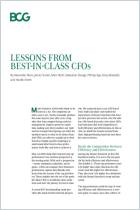

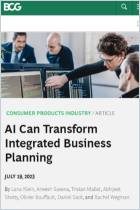
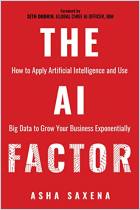
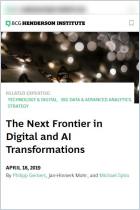
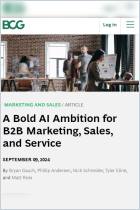
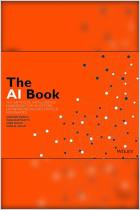
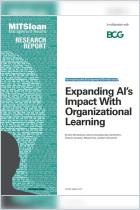







Comment on this summary or 开始讨论